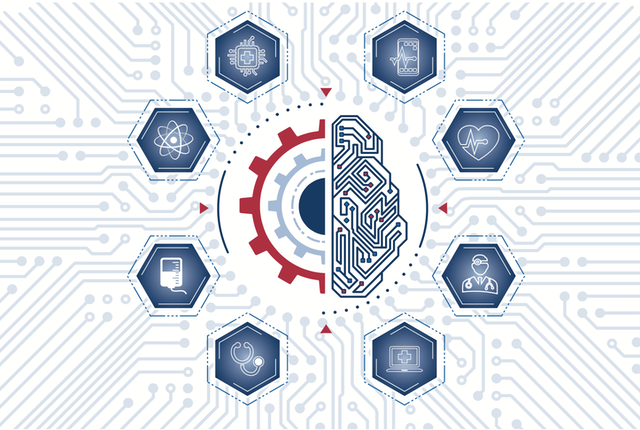
How Artificial Intelligence In ICT4D Projects Can Improve Lives
Artificial intelligence (AI) can be used in ICT4D projects to improve people’s lives in developing countries by providing access to information, opportunities, and services, and by promoting innovation and efficiency in various sectors. Some examples include:
- Healthcare: AI can be used to improve the diagnosis and treatment of diseases, through the use of machine learning algorithms to analyze medical data and identify patterns. It can also be used to support telemedicine and remote healthcare services, allowing for the delivery of care to people in remote or underserved areas.
- Education: AI can be used to personalize learning and adapt to the needs of individual learners, through the use of adaptive learning algorithms and other technologies. It can also be used to analyze data on learning outcomes and identify areas for improvement.
- Agriculture: AI can be used to improve the efficiency and productivity of agriculture, through the use of precision agriculture technologies such as remote sensing and GPS-based farming tools. It can also be used to analyze data on crop yields and identify patterns that can inform decision-making.
- Financial inclusion: AI can be used to expand access to financial services, through the use of mobile banking and other digital financial technologies. It can also be used to analyze data on financial behavior and identify patterns that can inform the design of financial products and services.
Apply Now: $200,000 Funding for Responsible AI Solutions
Rapid technological advancement promises tremendous benefits, but it also risks exacerbating socio-economic disparities and deepening social divisions.
Subscribe...
Apply Now: $100,000 and 7 Month African AI Startup Training Program
Digital skills and technology solutions are more critical for African economies as they embrace digital transformation. Countries are positioning themselves as...
Artificial Intelligence and Digital Public Infrastructure Can Transform Service Delivery
The humanitarian sector stands at the cusp of a technological revolution that could fundamentally transform how we deliver services to the world’s most vulnerable...
10 Ways Artificial Intelligence Can Improve HIV Prevention Today
The global HIV response stands at a precarious crossroads. With U.S. government funding freezes, shifting donor priorities, and geopolitical uncertainty, hard-won...
TrustRx: How to Overcome AI Resistance in Digital Health?
I’ve spent the last week grappling with two questions that should keep every development professional awake at night:
Would you accept Dr. AI to treat you...
Should We Be Mapping Vulnerable Populations with Artificial Intelligence?
The humanitarian sector is racing to adopt artificial intelligence for mapping vulnerable populations, but are we moving too fast without addressing fundamental...
Is Artificial Intelligence Exacerbating the Third Digital Divide in Educational Technology?
The recent flurry of discussions about AI, cheating and the purpose of education have got me reflecting on Michael Trucano thought-provoking post from 2023 about...
9 Approaches for Artificial Intelligence Government Regulations
Since 2016, over thirty countries have passed laws explicitly mentioning Artificial Intelligence, and in 2025, the discussion about AI bills in legislative bodies...
Current Trends and Future Prospects of GenAI in the Public Sector
The public sector is traditionally viewed as a laggard when it comes to adopting cutting-edge technologies. However, a recent comprehensive survey by Oliver...
AI-Enhanced Education Technology Increases Learning Outcomes
Evidence from a large-scale AI technology intervention in India presents the impact of technology-aided instruction on K-12 literacy using an AI-based multi-sensory...










